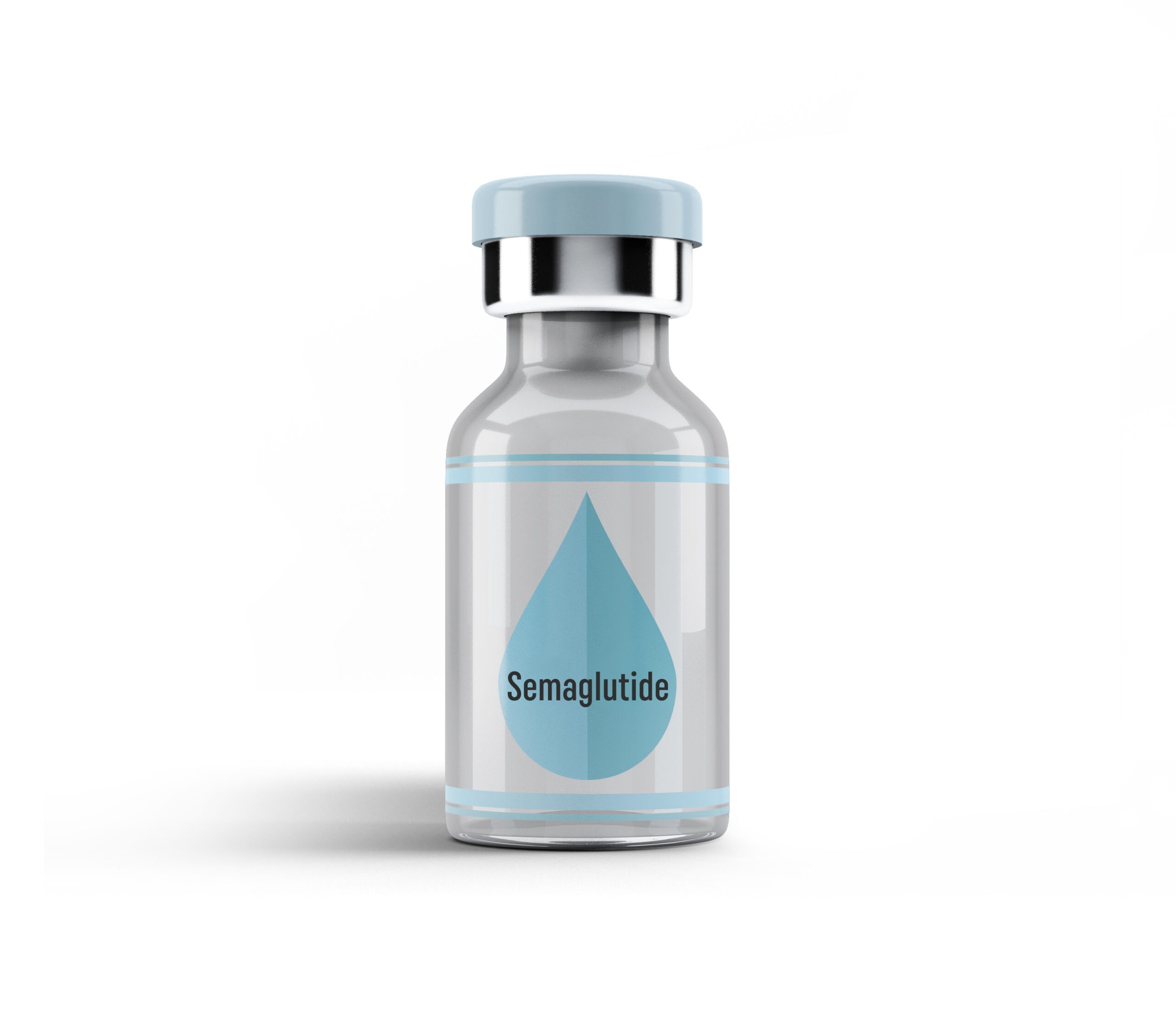Four Semaglutide Injection Lifestyle and Nutrition Consultation
Semaglutide is an antidiabetic medication used for the treatment of type 2 diabetes and long-term weight management. Semaglutide acts like human glucagon-like peptide-1 in that it increases insulin secretion, thereby increasing sugar metabolism. It works by helping the pancreas to release the right amount of insulin when blood sugar levels are high. Weight loss may result from GLP-1’s reduction of appetite and slowing down digestion. This was a global study of nearly 2000 individuals with a BMI of 30 or greater, or BMI of 27 or greater and coexistent hypertension, dyslipidemia, sleep apnea, or cardiovascular disease. The treatment group received subcutaneous injections of semaglutide, the control a placebo injection; both groups received “lifestyle interventions.” The outcomes of interest were weight loss as measured as a percent change from baseline and achieving a 5% or greater reduction in body weight over 68 weeks.
Adverse Reactions may include: gastrointestinal – nausea, vomiting, diarrhea, and constipation.
Cautions & ContraindicationsMay cause an upset stomach.
Semaglutide is an antidiabetic medication used for the treatment of type 2 diabetes and long-term weight management. Semaglutide acts like human glucagon-like peptide-1 in that it increases insulin secretion, thereby increasing sugar metabolism. It works by helping the pancreas to release the right amount of insulin when blood sugar levels are high. Weight loss may result from GLP-1’s reduction of appetite and slowing down digestion. This was a global study of nearly 2000 individuals with a BMI of 30 or greater, or BMI of 27 or greater and coexistent hypertension, dyslipidemia, sleep apnea, or cardiovascular disease. The treatment group received subcutaneous injections of semaglutide, the control a placebo injection; both groups received “lifestyle interventions.” The outcomes of interest were weight loss as measured as a percent change from baseline and achieving a 5% or greater reduction in body weight over 68 weeks.
Adverse Reactions may include: gastrointestinal – nausea, vomiting, diarrhea, and constipation.
Cautions & ContraindicationsMay cause an upset stomach.
Semaglutide is an antidiabetic medication used for the treatment of type 2 diabetes and long-term weight management. Semaglutide acts like human glucagon-like peptide-1 in that it increases insulin secretion, thereby increasing sugar metabolism. It works by helping the pancreas to release the right amount of insulin when blood sugar levels are high. Weight loss may result from GLP-1’s reduction of appetite and slowing down digestion. This was a global study of nearly 2000 individuals with a BMI of 30 or greater, or BMI of 27 or greater and coexistent hypertension, dyslipidemia, sleep apnea, or cardiovascular disease. The treatment group received subcutaneous injections of semaglutide, the control a placebo injection; both groups received “lifestyle interventions.” The outcomes of interest were weight loss as measured as a percent change from baseline and achieving a 5% or greater reduction in body weight over 68 weeks.
Adverse Reactions may include: gastrointestinal – nausea, vomiting, diarrhea, and constipation.
Cautions & ContraindicationsMay cause an upset stomach.
USAGE DIRECTIONS
The target dose for both adolescents and adults is 2.4 mg once weekly. Before reaching the target dose, a typical dosing schedule may look like:
Month 1: 0.25 mg once weekly for the first month
Month 2: 0.5 mg once weekly for the second month
Month 3: 1 mg once weekly for the third month
Month 4: 1.7 mg once weekly for the fourth month
Target maintenance dose: 2.4 mg once weekly
Some people may not be able to reach or tolerate the target dose due to side effects. If this is the case, your healthcare provider may wait another month before increasing your dose. However, they may have you stop the medication if you’re unable to reach or stay on the target dose.

